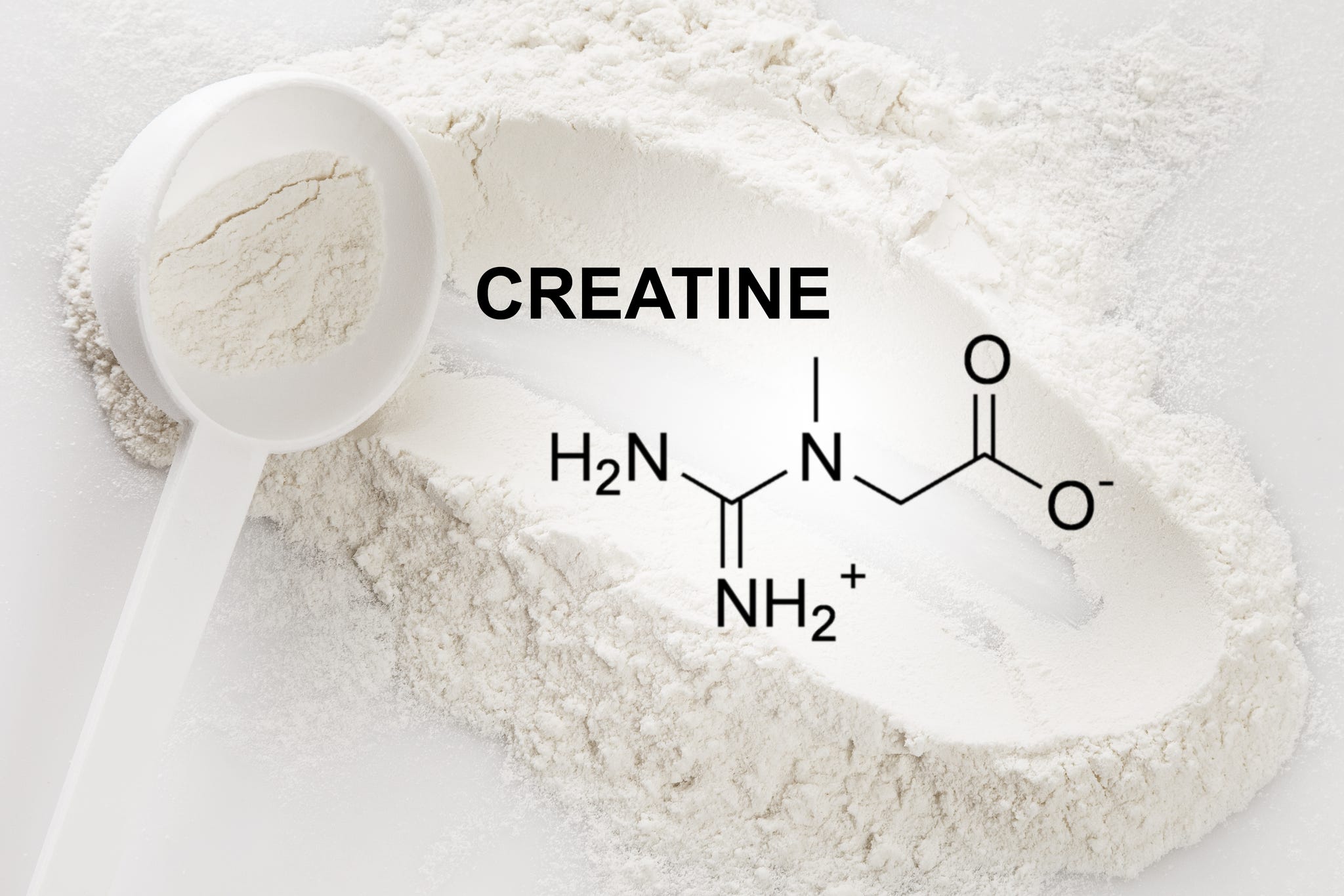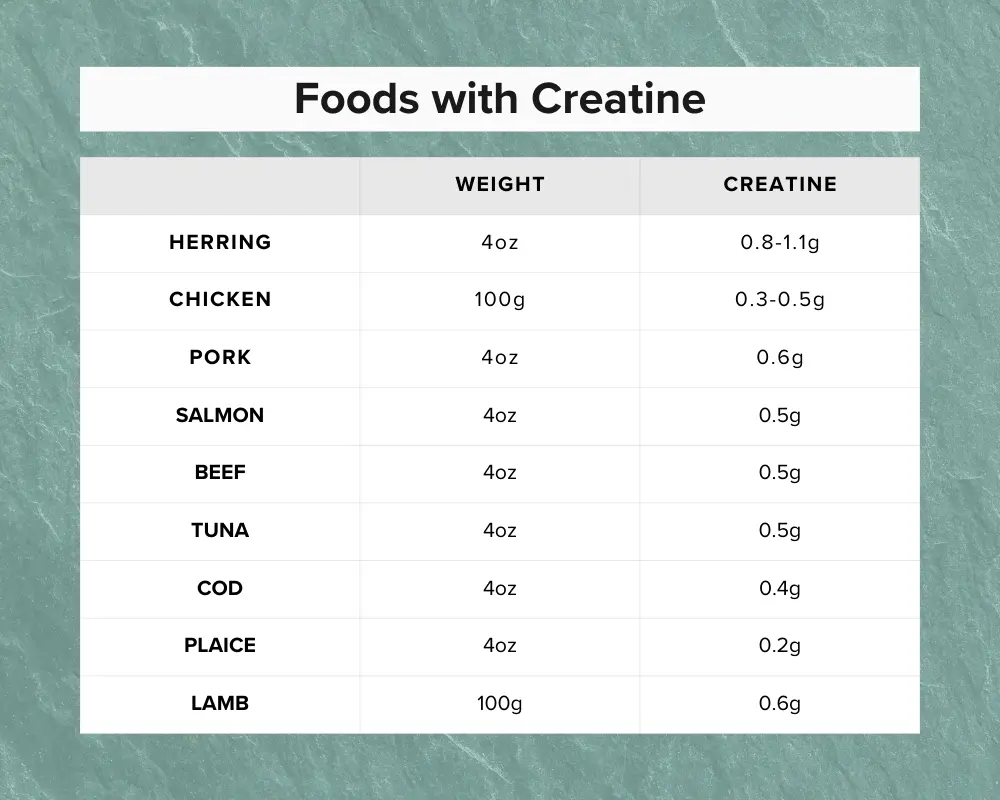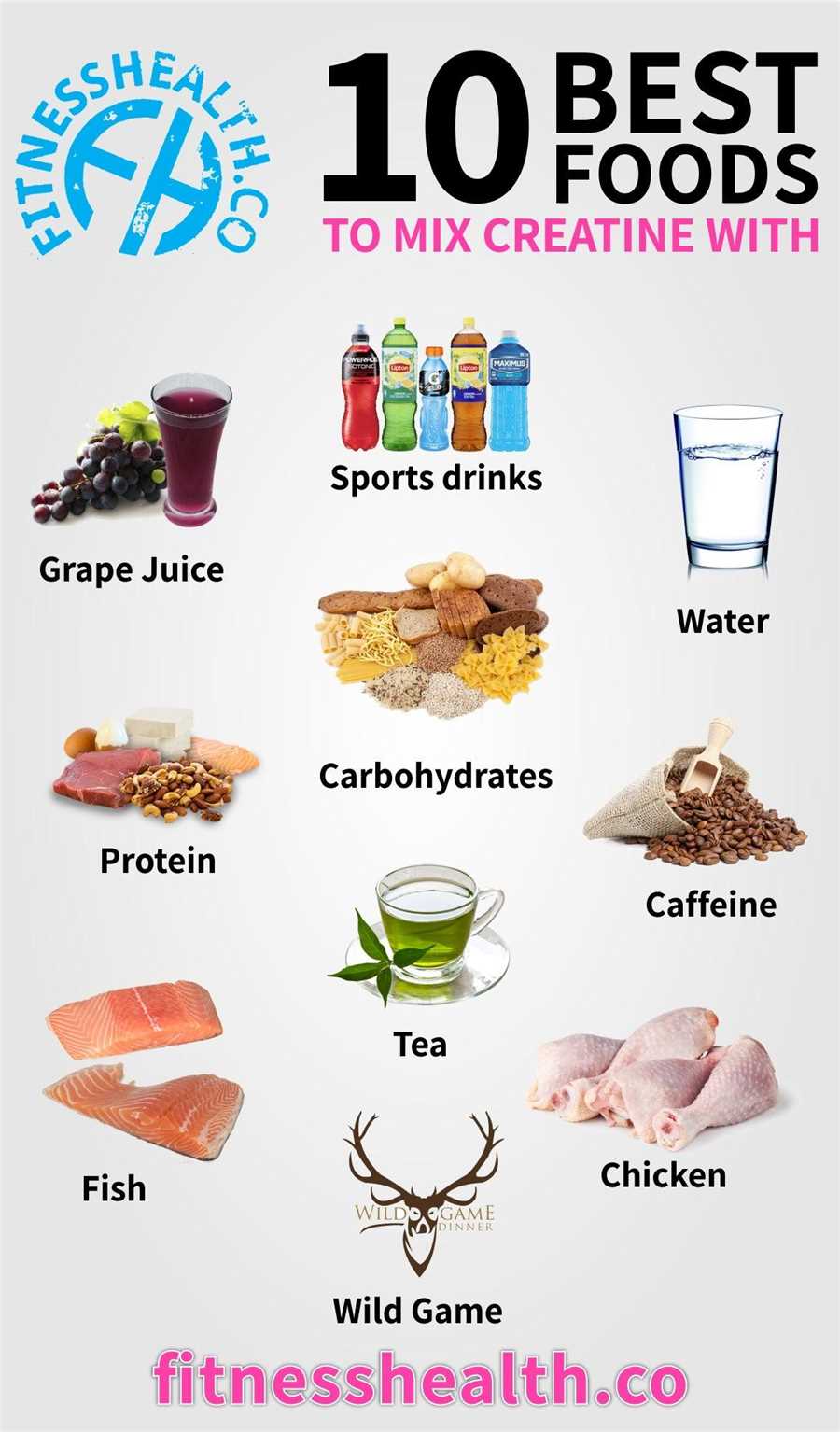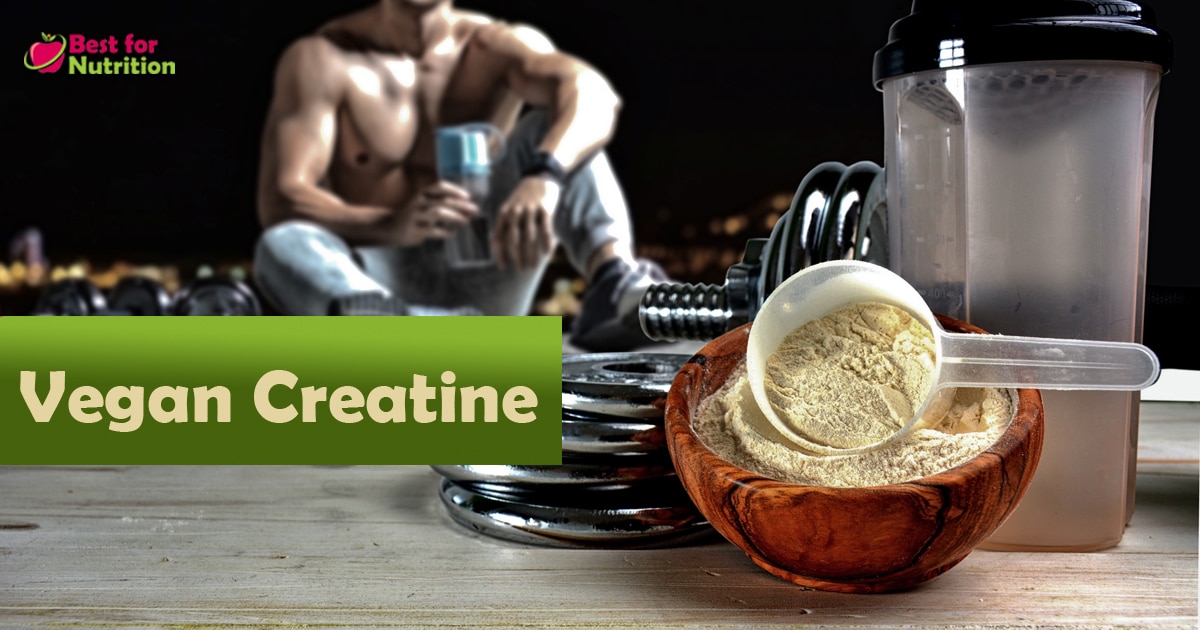How To Incorporate Creatine Into Your Diet

Creatine, a naturally occurring compound found in muscle cells, has become a popular supplement among athletes and fitness enthusiasts. Known for its potential to enhance muscle strength and power, understanding how to safely and effectively incorporate creatine into your diet is crucial for maximizing its benefits.
This article explores the science behind creatine supplementation, outlining practical steps and considerations for individuals looking to optimize their fitness routines.
Understanding Creatine: The Basics
Creatine is not a synthetic substance; it's a naturally produced compound in the body, primarily in the kidneys, liver, and pancreas. It is also obtained through dietary sources, mainly red meat and seafood. The body converts creatine into phosphocreatine, which is stored in the muscles and used for quick bursts of energy during high-intensity activities.
Dr. Emily Carter, a sports nutritionist at the National Institute of Sports Medicine, explains that "Creatine supplementation increases the availability of phosphocreatine, allowing for improved performance in short-duration, high-intensity exercises, like weightlifting and sprinting."
Benefits Beyond Performance
While creatine is most recognized for its athletic benefits, research suggests potential cognitive advantages as well. Some studies indicate that creatine supplementation may improve memory and cognitive function, particularly in older adults. However, more research is needed to fully understand these broader applications.
Incorporating Creatine: A Step-by-Step Guide
Successfully integrating creatine into your diet involves understanding dosage, timing, and potential side effects. Here’s a practical guide based on scientific consensus and expert recommendations.
Choosing the Right Form
Creatine monohydrate is the most extensively researched and widely used form of creatine supplement. It is both effective and cost-efficient. Other forms, such as creatine ethyl ester and creatine hydrochloride, exist, but evidence suggests that creatine monohydrate remains the gold standard.
Dosage: Loading Phase vs. Maintenance Phase
The most common approach to creatine supplementation involves a loading phase followed by a maintenance phase. The loading phase aims to saturate the muscles with creatine quickly. "A typical loading phase involves taking 20 grams of creatine monohydrate per day, divided into four doses, for five to seven days," says Dr. Carter.
After the loading phase, a maintenance dose of 3-5 grams per day is sufficient to maintain elevated creatine levels in the muscles. Some individuals skip the loading phase and opt for a consistent daily dose of 3-5 grams from the beginning.
Timing Your Intake
The timing of creatine intake is less critical than consistent daily supplementation. However, some research suggests that taking creatine around your workout – either before or after – may be slightly more effective.
Consuming creatine with a carbohydrate and protein source may also enhance absorption. A post-workout shake with creatine, protein powder, and fruit is a popular option.
Mixing with Liquids
Creatine monohydrate mixes well with water, juice, or smoothies. Ensure the creatine is fully dissolved before consumption.
Addressing Common Concerns and Side Effects
While creatine is generally considered safe, understanding potential side effects is important. The most commonly reported side effect is water retention, which can lead to a temporary increase in body weight.
Some individuals may experience mild gastrointestinal distress, such as bloating or stomach cramps, especially during the loading phase. Reducing the dose or dividing it into smaller portions throughout the day can help mitigate these effects. Dehydration can also cause discomfort, so drink plenty of water.
Individuals with pre-existing kidney conditions should consult with their physician before starting creatine supplementation. Although creatine has not been shown to cause kidney damage in healthy individuals, caution is advised.
Who Should Consider Creatine?
Creatine supplementation is most beneficial for individuals involved in high-intensity, short-duration activities such as weightlifting, sprinting, and powerlifting. It can also be beneficial for athletes in sports that require bursts of power, such as basketball and soccer.
Vegetarians and vegans, who may have lower creatine levels due to the absence of meat in their diet, may experience greater benefits from creatine supplementation. Older adults looking to maintain muscle mass and cognitive function might also consider creatine, under the guidance of a healthcare professional.
It’s important to note that creatine supplementation is not a magic bullet. It works best when combined with a well-balanced diet, consistent exercise, and adequate rest. As Dr. Carter emphasizes, "Creatine is a tool to enhance performance, but it's not a substitute for hard work and proper nutrition."
The Importance of Informed Choices
Before starting any supplement regimen, consulting with a healthcare professional or registered dietitian is highly recommended. They can provide personalized guidance based on your individual health status, goals, and any existing medical conditions.
This consultation is especially crucial for those with pre-existing health issues, pregnant or breastfeeding women, and individuals taking medications.
Conclusion
Incorporating creatine into your diet can be a valuable strategy for enhancing athletic performance and potentially improving cognitive function. By understanding the science behind creatine, following appropriate dosage guidelines, and being aware of potential side effects, you can safely and effectively harness its benefits. Remember, informed choices and expert guidance are key to optimizing your fitness journey.


















